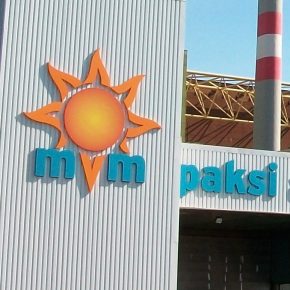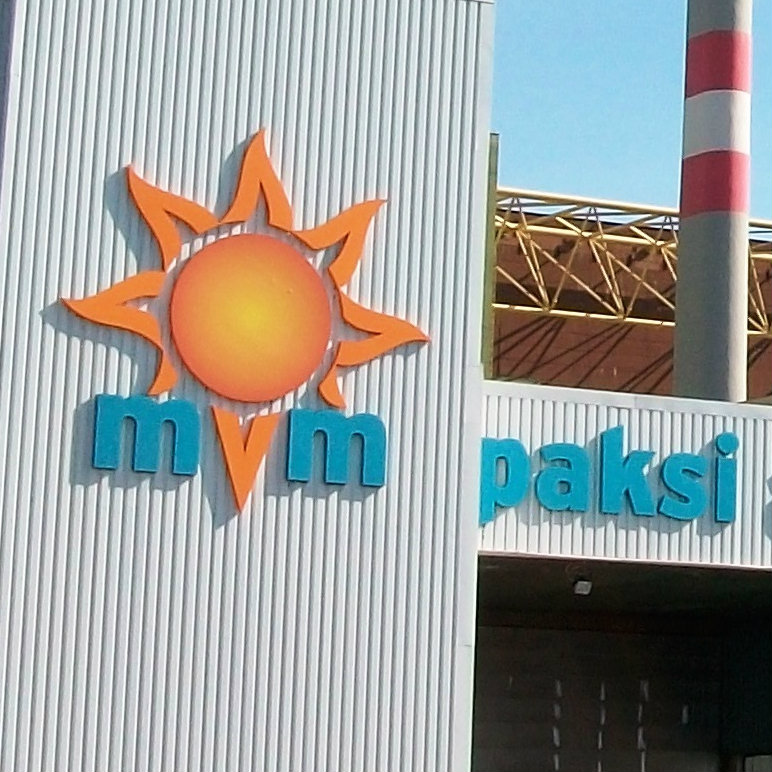Tydzień w gospodarce
Category: Raporty

(Barna Rovács (Rovibroni), CC)
Paks II will enable Hungary to keep the share of nuclear power in the country’s electricity mix at nearly 40 per cent. The four units in operation at the Paks site account for 36 per cent of Hungary’s electricity production, but these are old VVER-440 units with the original design lifetime of 30 years.
The submission of the site license application for the new Russian-built VVER-1200 units to Hungary’s regulator is scheduled for the end of October, Aszódi said.
Paks currently comprises four Russian-supplied VVER-440 pressurized water reactors, which started between 1982 and 1987. An inter-governmental agreement signed in early 2014 would see Russian enterprises and their international sub-contractors supply two VVER-1200 reactors at Paks, as well as a Russian state loan of up to EUR10bn to finance 80 per cent of the project.
The European Commission has been examining two issues related to Paks II – procurement and whether funding of the project amounts to state aid.
„We hope to get permission from the Commission within the next few weeks, which is extremely important in order to be able to switch to full speed with all the engineering works. In parallel with the European negotiations, we have been working on licensing and some design activities for the last two years. We hope to submit the site license application at the end of October with the target of obtaining the license in the spring of next year,” Aszódi said.
Maros Sevcovic, vice president of the European Commission, told reporters in September that an agreement on Paks II is close to completion, Aszódi said. „Procurement and state aid are the two elements that are left,” he said, „while the others have already been concluded successfully.”
The Euratom Supply Agency approved a contract between Hungary and Russia on nuclear fuel supply for the project in April 2015. In September, Hungary received confirmation from the European Commission that the project met the objectives of the Euratom Treaty.
In January 2014, Hungary decided to commission a Russian company to construct new units in its Paks nuclear power plant, avoiding the tendering procedure altogether. This was probably the only realistic method of funding the investment, worth EUR12.5bn.
Hungary first notified the European Commission of the Paks II project in late 2013.
The country is „fully in line” with the World Nuclear Association’s target under its Harmony initiative – to have 1000 GWe of new nuclear capacity globally by 2050, „because we are maintaining capacity with two 1200 MWe units on the existing Paks site”, Aszódi said.
„It’s important to note that currently Hungary imports more than 30 per cent of its electricity and we will need to shut down half of our conventional power plants by 2030. There are at least 7000 megawatts of new capacity needed in the next 15 years and, of those, 2400 megawatts will be the two new units at the Paks site. So we will need even more power plants in the next 15 years,” Aszódi said.


